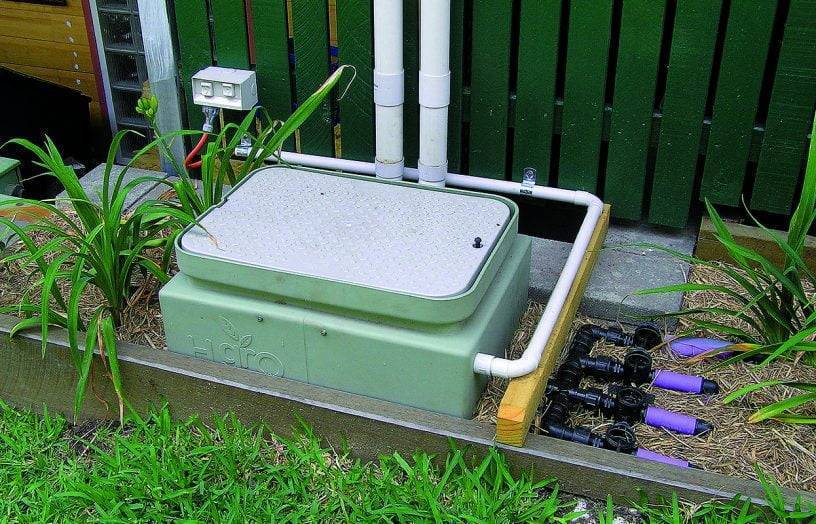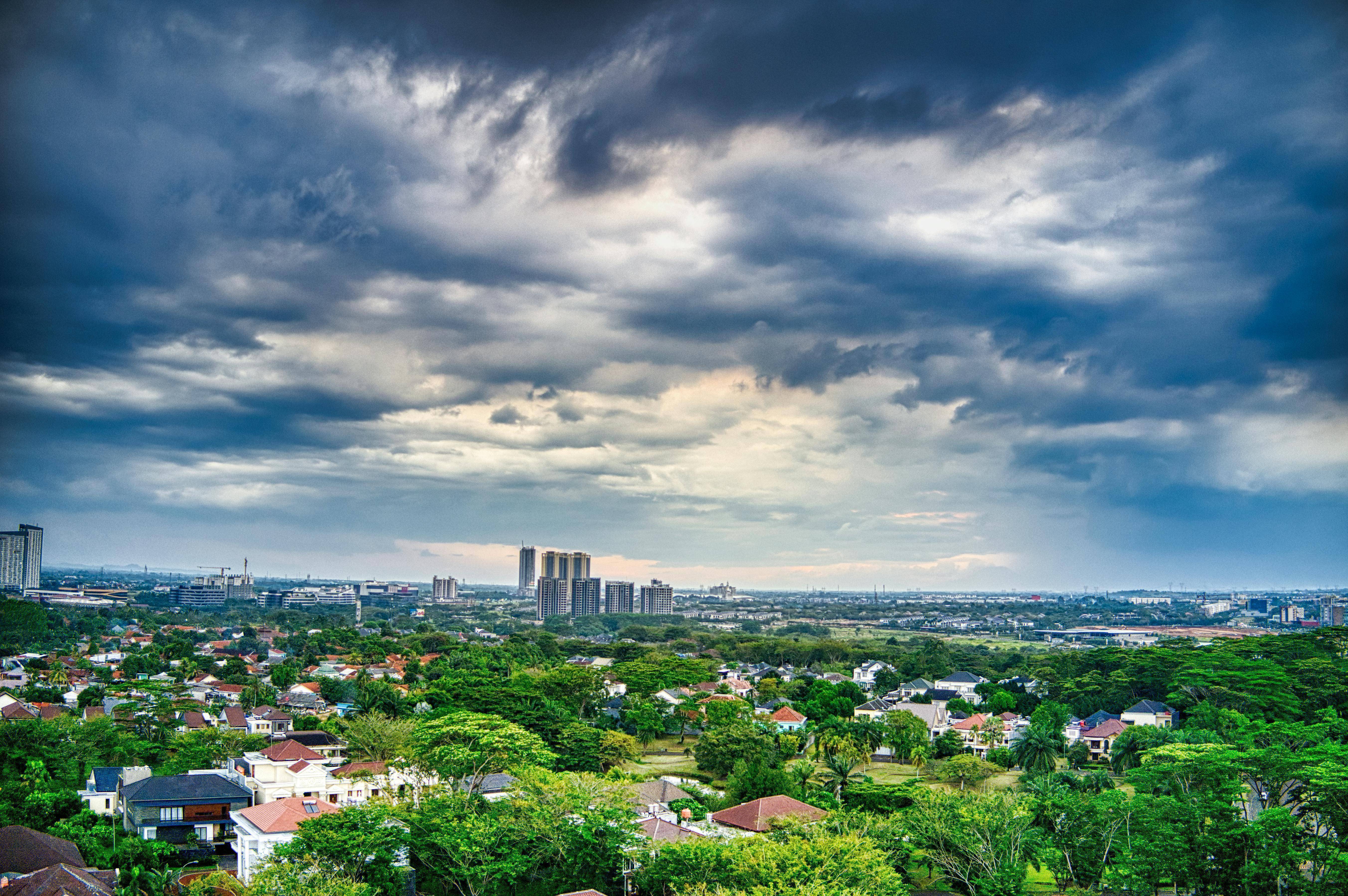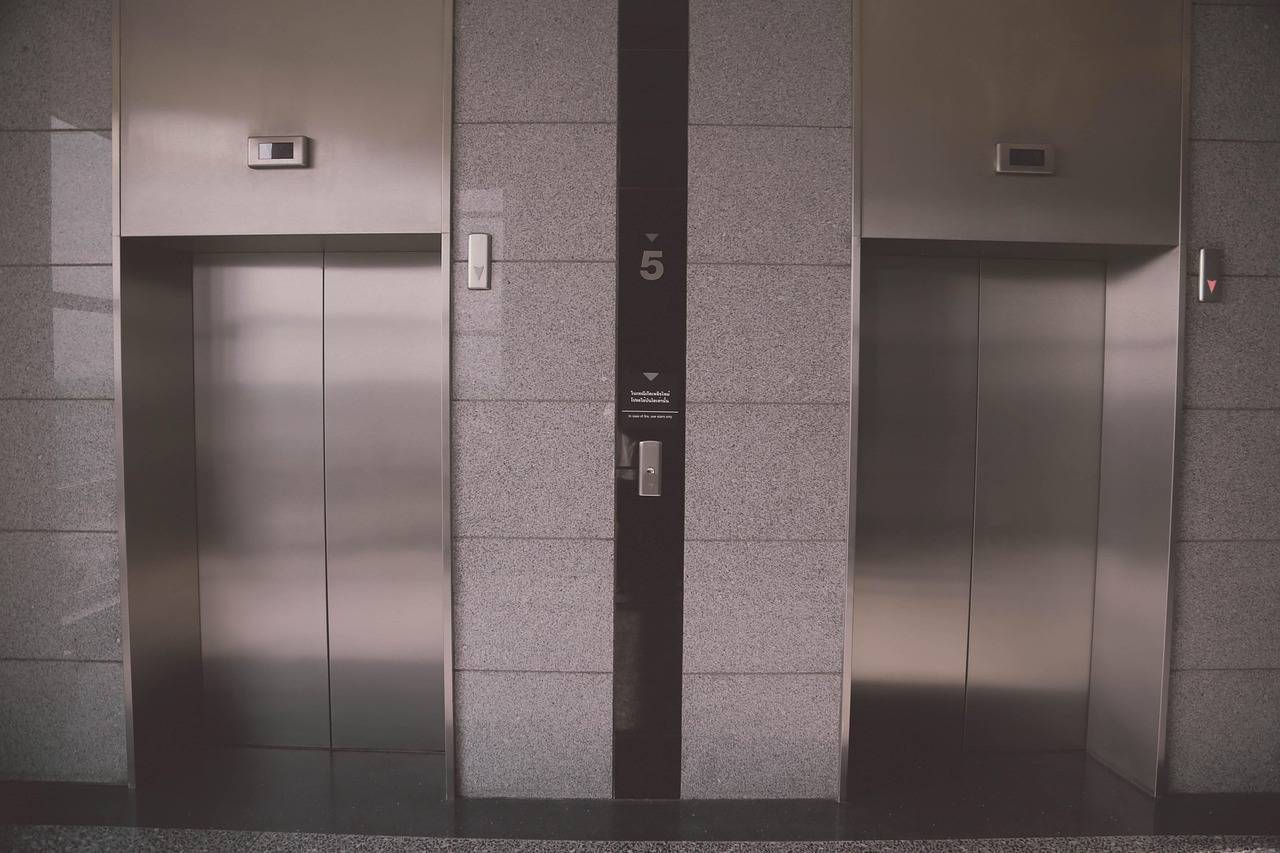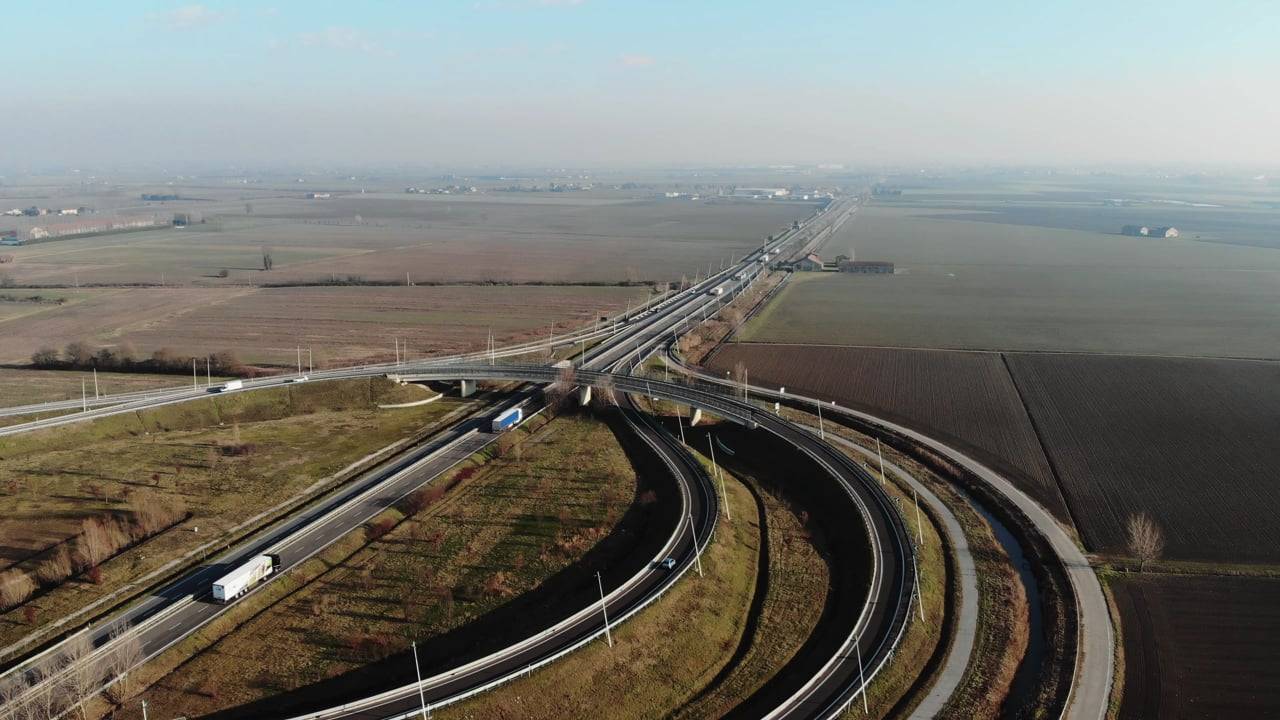Bengaluru’s real estate sector is increasingly turning to greywater recycling systems as the city faces a deepening water crisis and rising dependence on private water tankers. Developers are deploying advanced systems to collect, treat, and reuse wastewater from household activities such as bathing, laundry, and kitchen use, aiming to reduce reliance on freshwater.
Leading developers including Brigade, Prestige, Puravankara, and Assetz Property Group have introduced dual and triple plumbing systems in large residential and commercial projects. These measures go beyond regulatory requirements set by the Bangalore Water Supply and Sewerage Board (BWSSB) and the Karnataka State Pollution Control Board (KSPCB).
Brigade Group has integrated dual plumbing systems and post-treated water reuse in select new projects, with plans to standardize greywater recycling across its portfolio. Prestige Group has implemented greywater reuse in all its large residential, retail, commercial, and mixed-use developments in Bengaluru. The company has moved from partial reuse—limited to gardens and toilet flushing—to full integration of dual plumbing and cooling water reuse in new large-scale projects.
Puravankara reported a near four-fold increase in recycled water use, rising from 400 kilolitres in FY23 to 1,950 kilolitres in FY24. Assetz Property Group has achieved water savings of up to 86 percent in its large-scale projects through triple plumbing systems combined with expanded rainwater harvesting.
While regulatory compliance remains a key driver for adoption, developers note growing customer awareness regarding water scarcity. Buyers in water-stressed areas are increasingly favoring projects that minimize dependence on private tankers and secure long-term water availability.
Greywater recycling systems involve higher upfront costs. Segregated treatment plants can cost approximately 40 percent more than combined plants due to construction complexity, specialized equipment, and increased energy consumption. Some developers report that certain buyers are willing to share this additional expense when the long-term benefits of water reuse are explained.
Operational costs are significant as well. Running STPs requires skilled maintenance and specialized equipment such as reverse osmosis membranes, resulting in annual expenses of around Rs 30–35 lakh per large project. However, developers indicate that these investments improve the credibility of the project and add value for buyers, particularly in water-scarce regions like Bengaluru.
Scaling greywater recycling presents ongoing challenges. Developers cite concerns about maintaining water quality, managing dual or triple plumbing networks, retrofitting older projects, and a shortage of trained operators. There is also limited awareness among some customers about non-drinking uses for recycled water, which can affect acceptability.
Industry executives suggest that introducing a national policy on urban wastewater reuse could facilitate wider adoption and standardization. Greywater recycling systems make treated wastewater suitable for non-drinking purposes, including toilet flushing, irrigation, and vehicle washing, thereby helping reduce overall freshwater demand.
With water scarcity continuing to intensify in Bengaluru, developers are increasingly integrating greywater recycling into both new and ongoing projects, balancing regulatory compliance, customer demand, and operational costs to enhance long-term water security in urban residential and commercial developments.









.png)